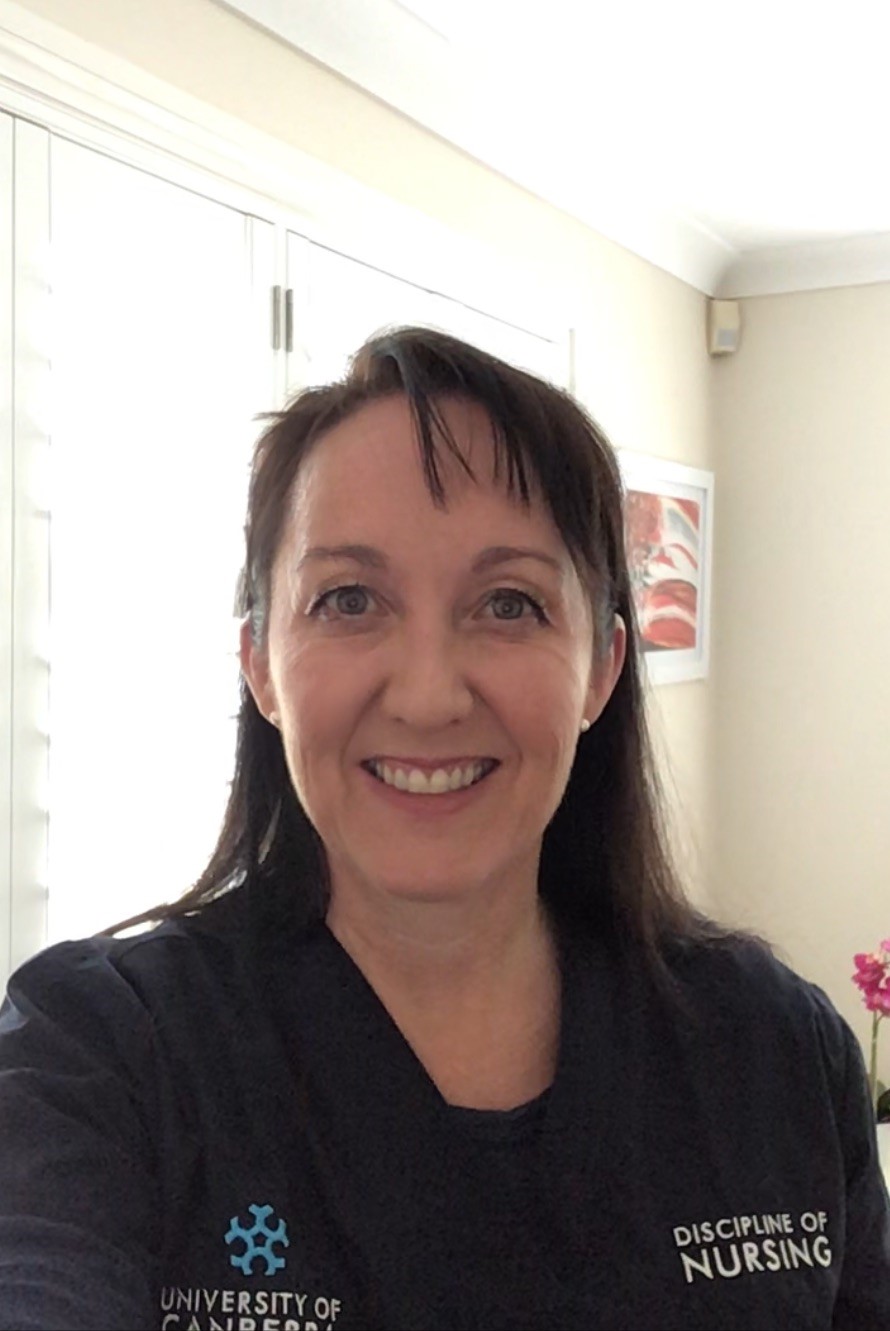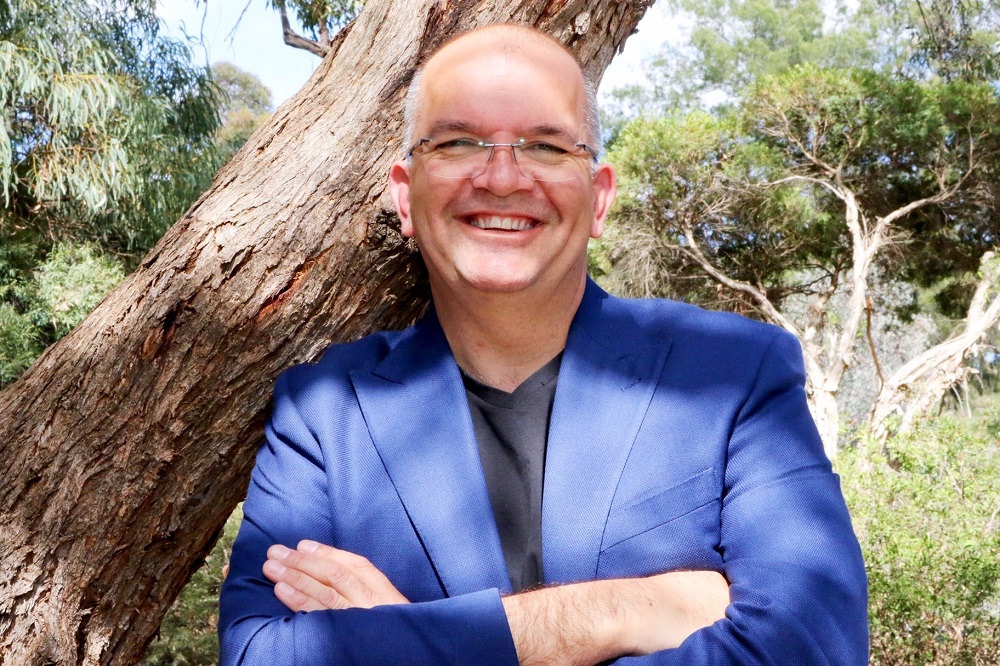Suzanne Lazaroo
2 December 2020: Two members of the University of Canberra community have been named to top spots on the Capital Health Network (CHN) Board, after the Annual General Meeting this month.
Clinical Liaison Nurse Julie Blackburn was named Chair of the Board, with Professor Peter Radoll, Pro Vice-Chancellor Indigenous, and Director of the Ngunnawal Centre at the University of Canberra, appointed Deputy Chair.
CHN is the ACT’s primary health network, adopting a heavily collaborative framework with clinicians, general practitioners, patients and other stakeholders, it assesses local community health needs, then plans and funds services to address any gaps detected.
In the 2019–2020 period, CHN disbursed over $12.8 million to community-based organisations, with a view to improving health outcomes for Canberrans.

Ms Blackburn joined the CHN Board in October 2019 as the Primary Health Care Clinician Director.
She has over 25 years’ experience as a Registered Midwife and Registered Nurse.
Ms Blackburn currently works with the Discipline of Nursing at the University’s Faculty of Health, as well as some casual weekend shifts with Calvary Public Hospital Bruce.
“The Board consists of a group of highly-skilled professionals with a great understanding of health care, business processes and the Canberra community. I love that my Nursing and Midwifery training and experiences can add value to this environment,” Ms Blackburn said.
“The Board provides strategic oversight to company management, with the big picture goal to advance the way health care is delivered in Canberra.
“Despite the challenges of 2020, CHN has grown in strength and reputation within the ACT and local areas, and I am excited by the possibilities that lie ahead for primary health care in 2021.”
Ms Blackburn said that in a year in which a pandemic changed the world, one of the foremost lessons learned was the importance of good investment into primary health care and preventative measures.
“We need to take proactive steps in health, and ensure appropriate resources and supports are in place, so that local health practitioners and community service providers are well-equipped to manage public need, protect or enhance the wellbeing of individuals, and the community as a whole,” she said.

Professor Radoll says that the new appointments represent an exciting opportunity for both the University and CHN, to build on an already strong relationship.
“This is a great chance to contribute to primary healthcare, and to understand the system better from a higher education perspective, to consolidate learnings of what we do as an institution around healthcare,” he said.
Professor Radoll will bring his passion and perspective towards also increasing emphasis on the provision of primary health care for Aboriginal and Torres Strait islander peoples across Canberra.
“This includes the strengthening of the relationship with Winnunga Nimmityjah, the Aboriginal community-controlled primary health care service operated by the Aboriginal and Torres Strait Islander community of the ACT,” he said.
Professor Radoll cited the establishment of the first COVID-19 clinic at Winnunga – through the efforts of CHN CEO Megan Cahill – as an example of such relationship-building.
“I would also like to express huge thanks to the Board and staff of CHN, for exemplary leadership and support,” Professor Radoll said. “We are very much looking forward to working together towards even better public health outcomes in the future.”


